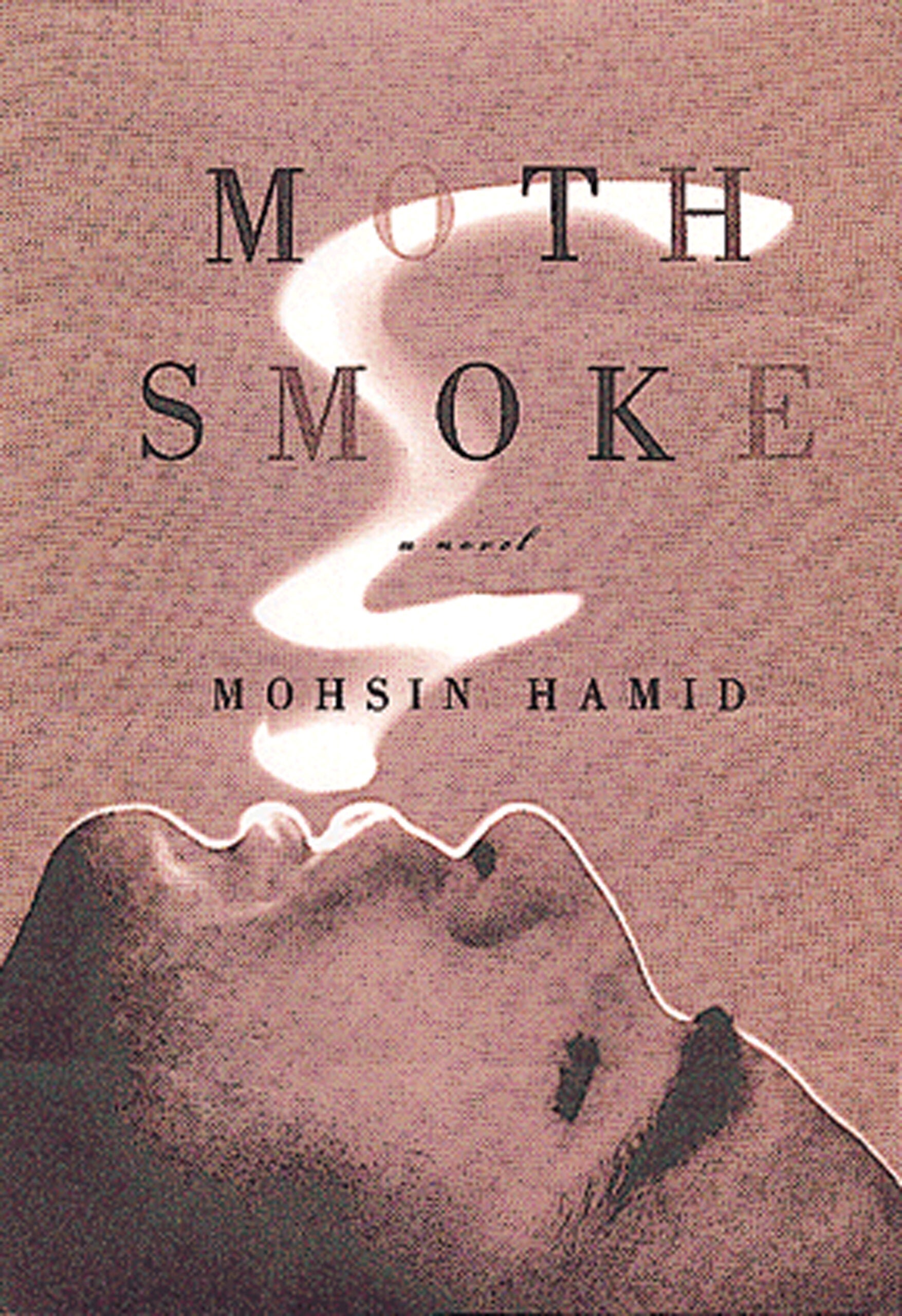Most law school papers don’t get glowing reviews from the New York Times Book Review. But most law school papers aren’t like Mohsin Hamid’s.
 Under the guidance of Professor Richard Parker ’70, Hamid ’97 spent his final year at HLS developing the draft of his first novel, Moth Smoke, which has also received critical raves from the Boston Globe, the Village Voice, and the Los Angeles Times. Published earlier this year, the novel centers on Daru, a young man on trial in Hamid’s native Pakistan, as the country launches its first nuclear tests. The book avoids the legal machinations of the courtroom, however; instead, it explores the underbelly of Pakistan’s elite and aspiring elite, as seen through the clashing perspectives of characters clouded by lies and jealousy.
Under the guidance of Professor Richard Parker ’70, Hamid ’97 spent his final year at HLS developing the draft of his first novel, Moth Smoke, which has also received critical raves from the Boston Globe, the Village Voice, and the Los Angeles Times. Published earlier this year, the novel centers on Daru, a young man on trial in Hamid’s native Pakistan, as the country launches its first nuclear tests. The book avoids the legal machinations of the courtroom, however; instead, it explores the underbelly of Pakistan’s elite and aspiring elite, as seen through the clashing perspectives of characters clouded by lies and jealousy.
“The book explores the idea of how you arrive at truth with conflicting narratives, which is what you do in law,” said Hamid. “It was one of the issues I found most interesting in law school.”
Hamid’s writing talents emerged as an undergraduate at Princeton University, where he was taught by Nobel and Pulitzer Prize-winning novelist Toni Morrison. At HLS, he decided to write a novel set in his home country. The theme and plot evolved during his time at the School, until he approached Parker in fall 1996 for assistance.

Credit: Michael Dashkin
“By the time I got to law school, I had been writing for a few years. What I needed was the structure and institutional space to really give it a shot, and I think that’s what HLS and Professor Parker provided,” Hamid said. “With him, it was not so much a conversation with a teacher but a conversation with someone with a critical eye.”
Hamid is the first of Parker’s students to have a work published. Another student, Ellen Rapoport ’98, recently sold a new screenplay after writing a different one under Parker’s guidance during her third year. Parker, who teaches the Law and Literature seminar, each year supervises about a dozen students who write their third-year paper as a work of literature, usually a novel, short stories, or a screenplay. “My main function in all of this is to open a door for students who have talent and feel a calling that otherwise may not be nurtured here,” he said.
Parker said he recognized Hamid’s skill after reading the beginning of the novel-in-progress. “He’s a brilliant man, an incredibly talented person, and I loved going through the process of him producing the novel, and I loved talking to him about it,” said Parker.
Hamid returned to Pakistan after graduation and began his current job as a management consultant with McKinsey & Co. in New York City in fall 1997. He refined the book during lunch hours in cafés and bookshops until a friend presented the manuscript to a literary agent the next year. Farrar, Straus and Giroux published the novel, and rights have been sold overseas, including forthcoming publication in Pakistan. Although his book exposes a seamy side of Pakistan, replete with drugs, corruption, and violence, Hamid said that it also dispels stereotypes about the nation.
“It does expose decadence, but it exposes self-criticism,” he said. “Hopefully, paradoxically it makes Pakistan look stronger.”
After the success of his first book, Hamid is looking toward a second novel. He has arranged his work schedule so that he can take three months off a year to devote to writing. The next novel, he said, will focus on an issue pertinent to his own life: the question of national identity and responsibility to one’s home country for an expatriate living in America.
Hamid credits HLS for providing a broad educational environment that served his interests and helped launch him as a successful writer. “The academic experience I valued most at Harvard Law School was being Professor Parker’s advisee in this project, and it’s the thing I’m most proud of,” he said. “I think it’s a testament of what’s very good at HLS that I was able to work on this. I think many places wouldn’t allow it to happen.”
